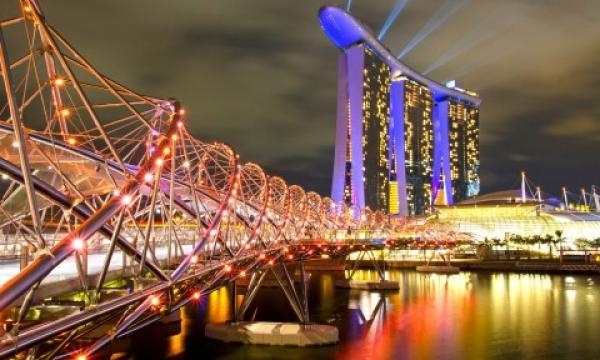
Pandemic won't topple the hotel sector in the long term: analyst
Occupancy rate climbed to 87.1% in 2019 compared to the 10-year average.
The hotel sector in Singapore is expected to thrive from a favourable demand-supply situation in the long term despite the threat of the COVID-19 pandemic weighing on the sector, according to a report by UBS-AM.
Between 2009 and 2019, tourist arrivals have grown at a compound annual growth rate (CAGR) of 7%, faster than the growth rate in the supply of hotel rooms at 5% over the same period.
This is partly attributed to the rise of China as an economic superpower and the resultant growth of the middle class.
“But that highlights the opportunities that come about when a destination country manages to capture a period of rapid growth in a source market – which is exactly the strategy that Singapore is seeking to replicate and adapt for the growing middle class in Southeast Asia,” the report stated.
In addition, the Singapore Tourism Board (STB) is working towards cultivating the appeal of the city-state as an attractive tourist destination, the report noted.
As a result, the city is seeing a standard average occupancy rate climbing to 87.1% in 2019, compared to the 10-year average of 83.8% based on STB data. Likewise, revenue per available room (RevPAR) was similarly above the historical average.
The supply pipeline of hotels also remains limited, with the stock of rooms expected to grow at a CAGR of 2.4% from 2019 to 2023, half the levels of the past 10 years.
“Barring the expected short-term blip from COVID-19, this should further support the hotel market when visitor arrivals start to recover in the medium term,” the report noted.
Across Asia-Pacific, investors have been generally reluctant and averse towards investing into sectors and markets that rely heavily on tourism and human flow, especially as the Great Financial Crisis (GFC) and SARS outbreak exposed many hotel and retail investments to massive fluctuations in capital values and income.
The investment return requirements in the hotel and selective prime retail segments is expected to be adjusted upwards, but UBS-AM remains positive on assets that have strong locational attributes and are more resilient.
























 Advertise
Advertise






